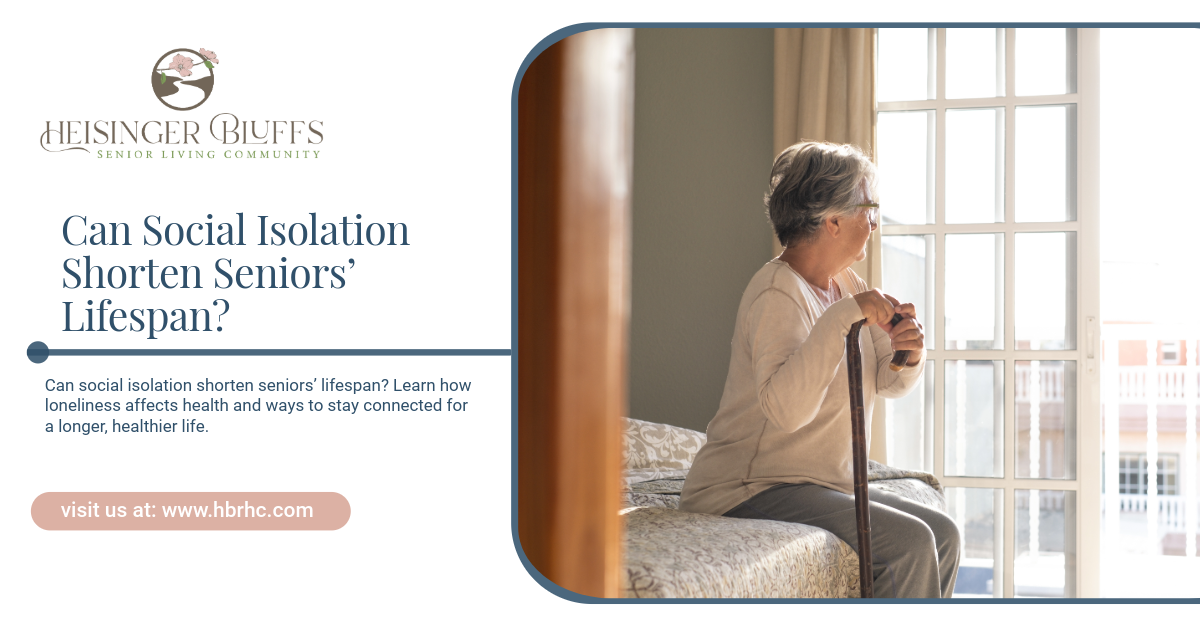What Seniors Gain When They Let Go of Household Responsibilities

A lifetime of managing a home brings with it a sense of pride, routine, and independence. But as we age, the daily demands of cooking, cleaning, yard work, and maintenance can become overwhelming and even hazardous. The idea of giving up these tasks may seem like a loss—but in reality, it opens the door to gaining more than most seniors expect.
Letting go of household responsibilities is not about giving up control. It’s about gaining freedom, improving health, enhancing safety, and creating space for what matters most.
The Benefits of Letting Go: A New Chapter Begins
Here’s a closer look at what seniors truly gain when they no longer have to manage a home on their own:
1. More Time for Meaningful Activities
One of the most immediate and noticeable gains is time. Without the daily burden of chores, errands, and home maintenance, seniors suddenly have hours freed up every week.
| Time Spent Each Week (On Average) | Living Alone at Home | With Household Help or Senior Living |
|---|---|---|
| Housekeeping | 6-10 hours | 0 hours |
| Grocery Shopping/Cooking | 7+ hours | 0-2 hours (optional activities) |
| Yard Maintenance | 2-4 hours | 0 hours |
| Home Repairs/Errands | 3-5 hours | 0 hours |
| Free Time for Hobbies & Socializing | <10 hours | 20+ hours |
2. Improved Physical Health and Safety
Household chores like bending to clean, lifting boxes, or changing lightbulbs can lead to injuries. Even small tasks can strain joints or cause fatigue.
Common physical risks of solo home upkeep:
| Task | Potential Risk |
|---|---|
| Climbing a ladder | Falls or broken bones |
| Mopping/waxing floors | Slips and back injuries |
| Snow shoveling | Heart strain, muscle pulls |
By eliminating these risks, seniors experience fewer injuries and gain a safer, more supportive environment.
3. Enhanced Emotional Well-Being
Juggling household tasks can contribute to mental exhaustion, especially for seniors living alone. Worrying about home maintenance, bills, and safety becomes a daily mental load.
Once these responsibilities are lifted, many seniors report:
- Reduced stress and anxiety
- More restful sleep
- Increased sense of calm and balance
Emotional well-being improves when the brain has space to focus on joy rather than upkeep.
4. Freedom from Financial and Maintenance Stress
Owning or renting a home comes with a long list of financial obligations—from roof repairs to utility bills. These unpredictable expenses can be overwhelming, especially on a fixed income.
Stressful Home Costs vs. Simplified Living
| At Home | In a Supportive Setting |
|---|---|
| Property taxes, repairs | One predictable monthly fee |
| Utility fluctuations | Often included in living cost |
| Emergency maintenance issues | Handled by staff |
Financial simplicity provides emotional relief and more confidence in budgeting.
5. Greater Social Engagement
The chores and isolation that come with solo home living often reduce opportunities for connection. Without those tasks, seniors gain the freedom to socialize, belong, and thrive.
They can now enjoy:
- Group fitness or yoga classes
- Community events or game nights
- Coffee chats and meals with friends
- New friendships and peer support
Social engagement improves cognitive health and emotional wellness.
6. Mental Clarity and Reduced Cognitive Load
Managing appointments, home tasks, and repairs contributes to mental fatigue. Letting go of household responsibilities gives the brain a break and room to thrive.
In a simplified living environment:
- No more remembering to call repair services
- No shopping lists or cleaning schedules
- Help is available when needed
This lighter mental load helps seniors focus on creativity, connection, and mindfulness.
7. Opportunities to Explore New Passions
Freed from the burden of daily chores, many seniors rediscover long-lost hobbies or explore brand-new interests.
Examples of passion projects:
- Learning a musical instrument
- Taking painting or cooking classes
- Volunteering for causes they care about
- Writing memoirs or poetry
This rekindled purpose boosts mood, confidence, and mental stimulation.
8. Improved Nutrition and Mealtime Enjoyment
Grocery shopping, prepping ingredients, and cleaning up meals can be exhausting. As a result, some seniors skip meals or rely on processed foods.
In a supportive community:
- Nutritious, chef-prepared meals are served
- Diet restrictions are accommodated
- Meals become a social experience
Better nutrition leads to stronger immune function, better energy, and reduced risk of illness.
9. Peace of Mind for Families
Adult children often worry about the safety and well-being of senior parents living alone. Household responsibilities can add to those concerns.
By moving into an environment with built-in support:
- Seniors gain 24/7 access to help
- Families feel relieved and reassured
- Visits become more about bonding, not checking on chores
Peace of mind strengthens family relationships and reduces caregiver stress.
10. A Renewed Sense of Purpose
Letting go of household tasks creates space for seniors to redefine this chapter of life. Many experience a spiritual, emotional, and creative awakening.
They begin to:
- Set new goals
- Prioritize health and well-being
- Share wisdom through mentoring or volunteering
This sense of renewal enhances quality of life and resilience.
A Real-Life Example: James and Linda’s Story
James and Linda, a couple in their late 70s, spent 50 years in the same home. But maintaining the lawn, paying rising utility bills, and preparing meals became a burden. They hesitated at first, fearing they'd lose their independence if they moved to a senior living community.
Months after making the move, their story changed:
- They no longer worried about home maintenance
- They spent afternoons playing cards with neighbors
- Linda joined a craft club; James found joy in woodworking again
- Their adult children stopped worrying and started visiting for fun
They didn’t give up their lifestyle, they upgraded it.
Making the Transition: Gaining More by Letting Go
Letting go of household responsibilities isn’t about giving up independence, it’s about choosing a better kind of freedom. It’s about saying yes to time, safety, companionship, and peace of mind.
Here's what seniors truly gain when they let go of household tasks:
- A healthier, safer lifestyle
- More time for joy and connection
- Greater peace of mind
- Opportunities for personal growth and purpose
At Heisinger Bluffs, we provide an environment where seniors are empowered to enjoy life without the weight of daily chores. We invite you to explore how your golden years can be simpler, safer, and more fulfilling. Contact us today!
Frequently Asked Questions
Is letting go of household tasks the same as losing independence?
No. It’s the opposite. Many seniors find they become more independent when they’re not weighed down by chores, bills, and maintenance. They gain the freedom to focus on what they love.
Can I still cook or garden if I move to a senior community?
Absolutely! Many communities offer shared kitchens, hobby gardens, or cooking classes. You can continue your favorite activities when you want to, without the daily obligation.
What kind of support is available to help seniors transition?
Supportive living communities offer assistance with the physical move, emotional adjustment, and ongoing encouragement. From orientation activities to peer mentoring, you’ll never go through the transition alone.
Sources:
- https://www.nia.nih.gov/health/fatigue/fatigue-older-adults
- https://www.nia.nih.gov/health/loneliness-and-social-isolation/loneliness-and-social-isolation-tips-staying-connected
- https://www.sciencedirect.com/science/article/abs/pii/S0167494325002079











